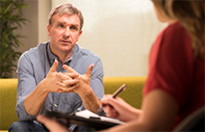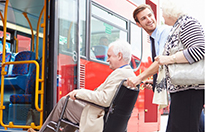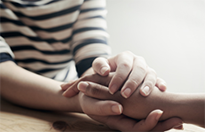How is stroke treated
Your treatment will depend on the type of stroke you have, how serious it was, your age and general health, and how soon you arrive at the hospital.
Your treatment will depend on the type of stroke you have, how serious it was, your age and general health, and how soon you arrive at the hospital.
This book provides critical recovery information to guide you after a stroke. If you did not receive yours in the hospital, download now, or contact us to send you a print copy (no charge).
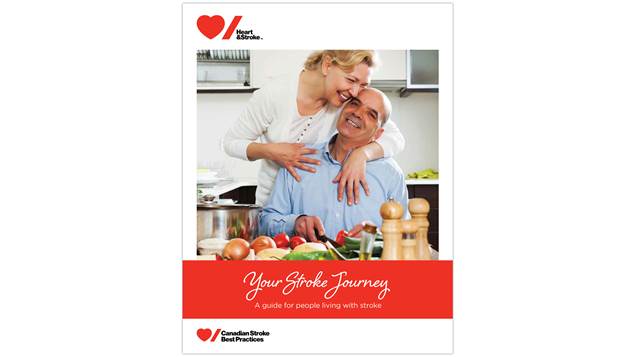
Stroke is a major life event. It can affect different parts of your ability and your day to day life. It affects each person differently.
A stroke can affect your communication, ability to move about, and cause bowel and bladder issues. Every stroke is unique.... Read more
A stroke can lead to a number of changes that are less visible to others. This includes emotional changes, changes in your thinking ability, fatigue and challenges with perception.... Read more
A stroke can change how you do everyday things. Dressing, grooming, meal preparation, chores, driving and leisure may all be affected.... Read more
A stroke can have a big impact on the different relationships you have and the roles you play. It also impacts your care partner.... Read more
There may come a time in your recovery when you consider returning to work. You may also be considering volunteering.... Read more
A stroke can affect your ability to earn a living. It can also bring on new expenses. Ask family and friends, as well as workplace contacts, to look into benefits you qualify for.... Read more
Learn how to manage the relationship between stroke, heart disease and vascular cognitive impairment.... Read more
When chronic illnesses progress to a point when there are no further treatments available, end-of-life care may be an option for you and your family. ... Read more
Having a stroke or TIA puts you at a higher risk of having another one. You can reduce that risk. Here's how:
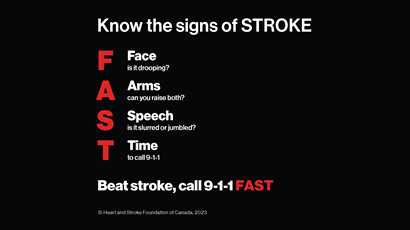
Know the signs of stroke
Recognize and respond immediately to any of these signs. Call 9-1-1 or your local emergency number.
Learn more

Make healthy choices
Small, healthy changes in your daily routine can decrease your risk for another stroke. Change is hard. Start with one small change.
Learn how
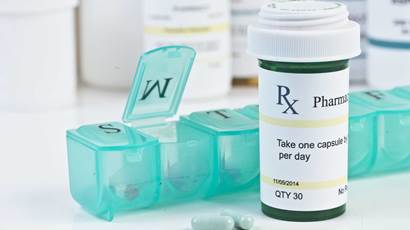
Manage your conditions
Some medical conditions increase the risk of stroke, but you can manage them with medication, treatment and making healthy choices.
Learn how

Exercise after stroke
Exercise is a good way to maintain your health through recovery, rehabilitation and the rest of your life.
Learn more
